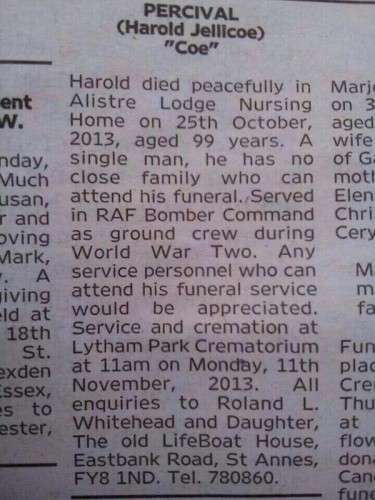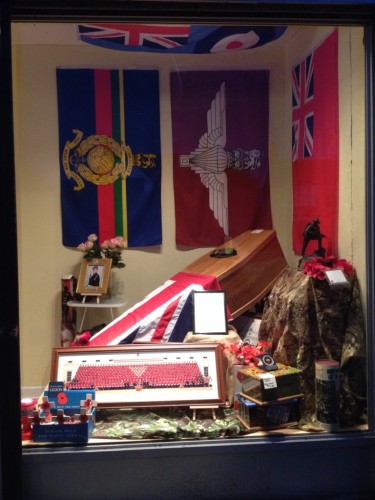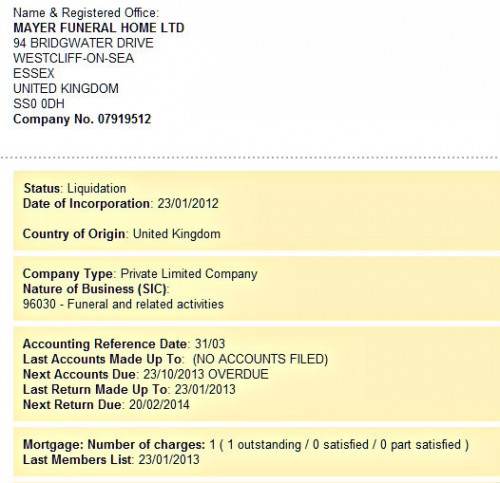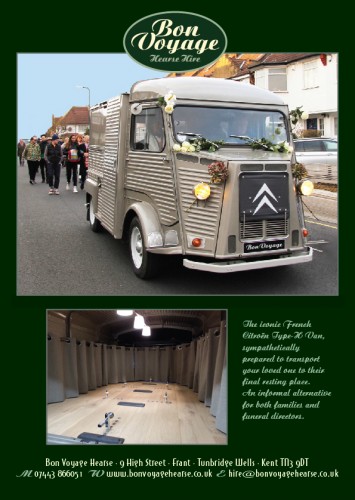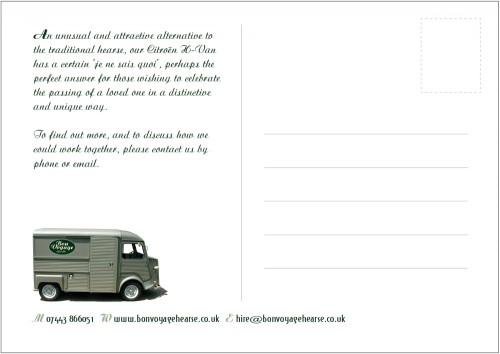On 2 July this year the Co-operative Group’s executive team visited Rochdale. The chief exec, Euan Sutherland, tweeted: “Spent the day at Rochdale Pioneers Museum with the Exec immersing ourselves in Co-operative heritage. Fantastic, inspirational, relevant”.
All very heartening if you’re one of those who inclines to the view that capitalism is essentially sociopathic, and that therein lie the seeds of its destruction.
Disillusionment with capitalism does not in itself boost the credentials of co-operation. The history of consumer co-operatives is not especially glorious. They tend to start well then lose their way, demutualise, play copy-fatcat.
The history of worker co-operatives shines more brightly — as John Lewis and Waitrose testify.
Ethical values in themselves are no determinants of commercial fertility. The history of ethical values demonstrates that, actually, they are best exemplified by those people who renounce material things. Had Gandhi been driven everywhere in a Rolls Royce and dressed in a Prada suit, the story of Indian independence would read otherwise.
For this reason, the words ‘ethical business’, attractive as they are, have something of the flavour of an oxymoron.
But this is what The Co-operative Group claims to be, ethical, never more stridently than in recent weeks from amidst the twisted wreckage of its wretched bank. It is now 70 per cent owned by its creditors, including a bunch of American hedge funds. Rather than die of shame it instead proclaims new life: “By continuing to have regard for the highest standards of ethical principles we are more committed than ever to ensuring the Co-operative Bank remains just as special for years to come.”
Ethical schmethical. The bank has lost the title to call itself a co-operative in the sense of a jointly owned and democratically controlled enterprise. To call itself co-operative is now patently misleading and is rightly being legally challenged.
Where did it all go wrong for The Co-operative Group (as opposed to co-operative values)? The Daily Telegraph reports ceo Euan Sutherland conceding with refreshing honesty that “the organisation has lost it way, and, referencing the founding Rochdale Pioneers, that its recent controversial history was not what the organisation was set up for.” You can easily see the shades of the Pioneers nodding in sorrowful assent.
Whether or not, fuelled by the Rochdale Principles, The Co-op can in the future succeed in its core mission of enabling working people to buy those things that they would otherwise be unable to afford we shall have to wait and see. We simply note that, at a time when there is increasing anxiety about funeral poverty, Co-operative Funeralcare has offered no lead and generated no initiatives. Nothing.
The Pioneers surely would have.
Having said all of which, it may already be too late to lose any more sleep over the way Funeralcare has fallen short of — betrayed, some would say — its ethical values. Because it’s beginning to look as if, in order to bring the Group back into profitability, The Co-operative Group may be about to shed its funerals operation and throw it to the capitalists. The same Telegraph article tells us:
Mr Sutherland, who took control of the mutual from May 1, said that in order to reduce the current £1.3bn bank debt, it must look to productivity, efficiency, and selling some of its assets. Divisions which will not be sold include its food retail business and its pharmacy business, it is understood. Non-core arms are thought to include the funeral business and its security business, but Mr Sutherland would not comment further.
Given the deep loathing with which the top chaps at Funeralcare regard the GFG (good morning, Mr Tinning), we can forgive you for supposing that we’d celebrate this with a day at the races. But we emphatically wouldn’t. First, our politics here are pink. Second, we’d deplore the impact of this on the many excellent people in Funeralcare, especially on the shop floor (not the management). When Sutherland talks of productivity and efficiency, he’s using the language of the time and motion man. We can only imagine the effect that ‘efficiencies’ are having on good men and women right now.
Third, we regard the funerals business as pre-eminently suited to a social enterprise business model. We’d like to see Funeralcare given another chance to get it right and be what it says on its tin.
The Sunday Times has been told by Sutherland that “every private equity group in Europe” wants to buy Funeralcare, but that he is not minded to sell.
Time will tell. The man needs to find £500 million fast. If he’s minded to sell, let him talk to an excellent worker’s co-operative that we’ve long thought would make a very good fist of it. Tune in, please, John Lewis.

